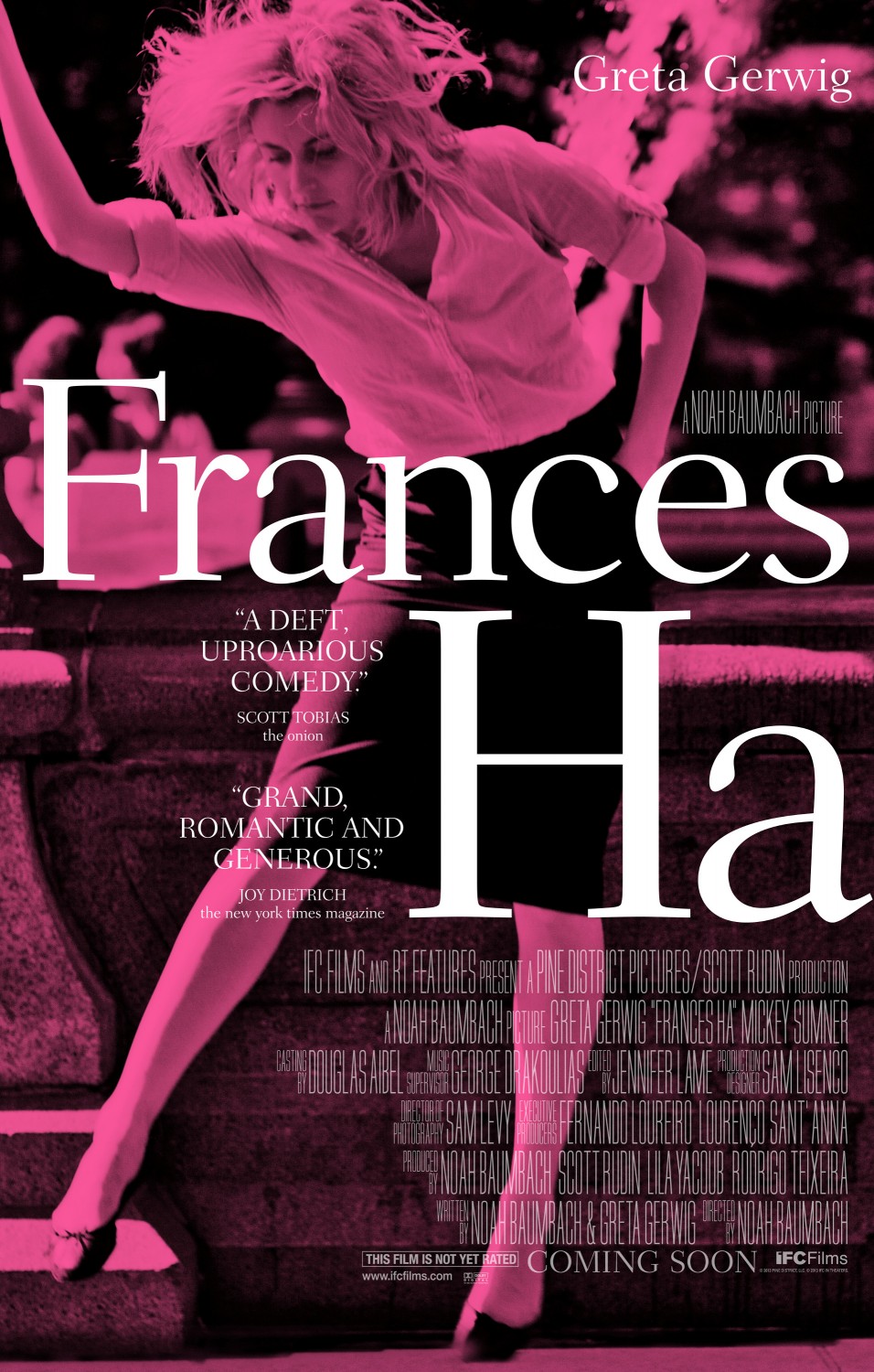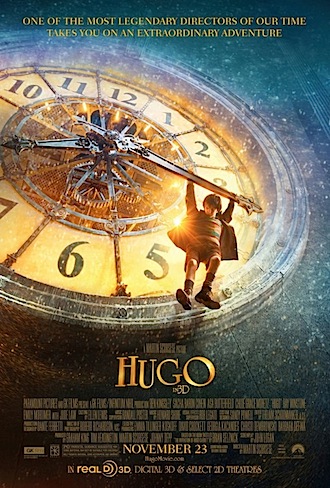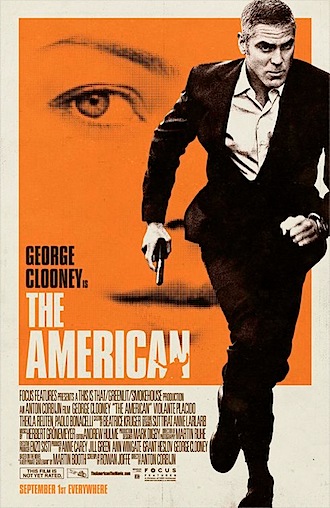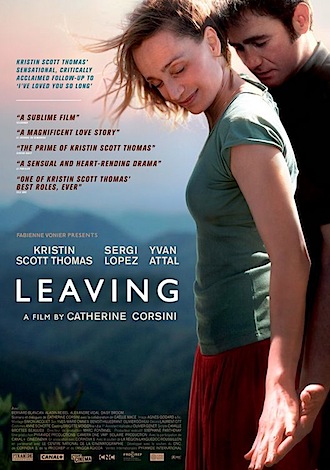Chloe Grace Moretz is Carrie in the new remake from Kimberly Peirce (Boys Don't Cry), Benedict Cumberbatch is Julian Assange in The Fifth Estate and we do a quick run-down…
Read More

There has been much discussion in the circles in which I move about the quantity of films released to local cinemas. Not only are there too many films coming out…
Read More

Time to clear the summer holiday backlog so that the next time it rains you’ll have an idea of what you should go and see. There’s plenty to choose from…
Read More

I got some feedback on this column the other day. Apparently I “write well” but I “don’t like much”. Perhaps I am a little jaded after four and a half…
Read More

I watch a lot of movies in this job and this week I’d like to start with a couple of important tips that will help keep your cinema-going experience in…
Read More
